All Stories
-
 Astronomy
AstronomySigns of a hidden Planet Nine in the solar system may not hold up
Hints of a remote planet relied on clumped up orbits of bodies beyond Neptune. A new study suggests that clumping is an illusion.
-

When a naked mole-rat meets a sneaky sea worm
Editor in chief Nancy Shute discusses how stories make it into the news section of Science News magazine.
By Nancy Shute -

-
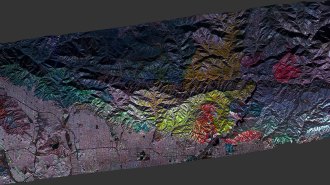 Earth
EarthColor-coded radar maps reveal a patchwork of California wildfire destruction
A composite made up of fine-scale vegetation maps from different years lets researchers track the story of plant loss and regrowth around Los Angeles.
By Jack J. Lee -
 Earth
EarthA magnetic field reversal 42,000 years ago may have contributed to mass extinctions
The weakening of Earth's magnetic field beginning around 42,000 years ago correlates with a cascade of environmental crises, scientists say.
-
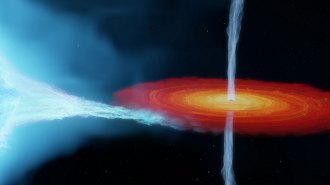 Astronomy
AstronomyThe first black hole ever discovered is more massive than previously thought
New observations of Cygnus X-1 are leading astronomers to rethink what they know about stars that turn into black holes.
-
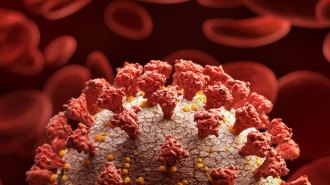 Health & Medicine
Health & MedicineThe U.K. approved the world’s first COVID-19 human challenge trial
Dozens of young, healthy volunteers will be deliberately exposed to the coronavirus to find out how much virus it takes to get someone sick.
-
 Health & Medicine
Health & MedicineThe COVID-19 death toll sent U.S. life expectancy plunging in 2020
Estimates show that American’s overall life expectancy declined by a year, but for Black Americans, the drop was almost three years.
-
 Health & Medicine
Health & MedicineSome Neandertal genes in people today may protect against severe COVID-19
Neandertal DNA on chromosome 12 may affect genes involved in a biochemical chain reaction that ends with the destruction of viral RNA.
-
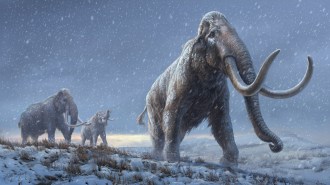 Genetics
GeneticsThe oldest animal DNA ever recovered reveals mammoths’ evolution
Mammoths evolved to handle the cold over hundreds of thousands of years and North America may been home to a hybrid species, a new study finds.
-
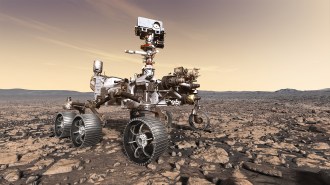 Planetary Science
Planetary ScienceNASA’s Perseverance rover has touched down on Mars
The spacecraft will arrive at Mars on February 18, joining missions from China and the United Arab Emirates.
-
 Animals
AnimalsA rare bird sighting doesn’t lead to seeing more kinds of rare birds
The idea that more kinds of rare birds are seen when birders flock to where one has been seen, the so-called Patagonia Picnic Table Effect, is a myth.